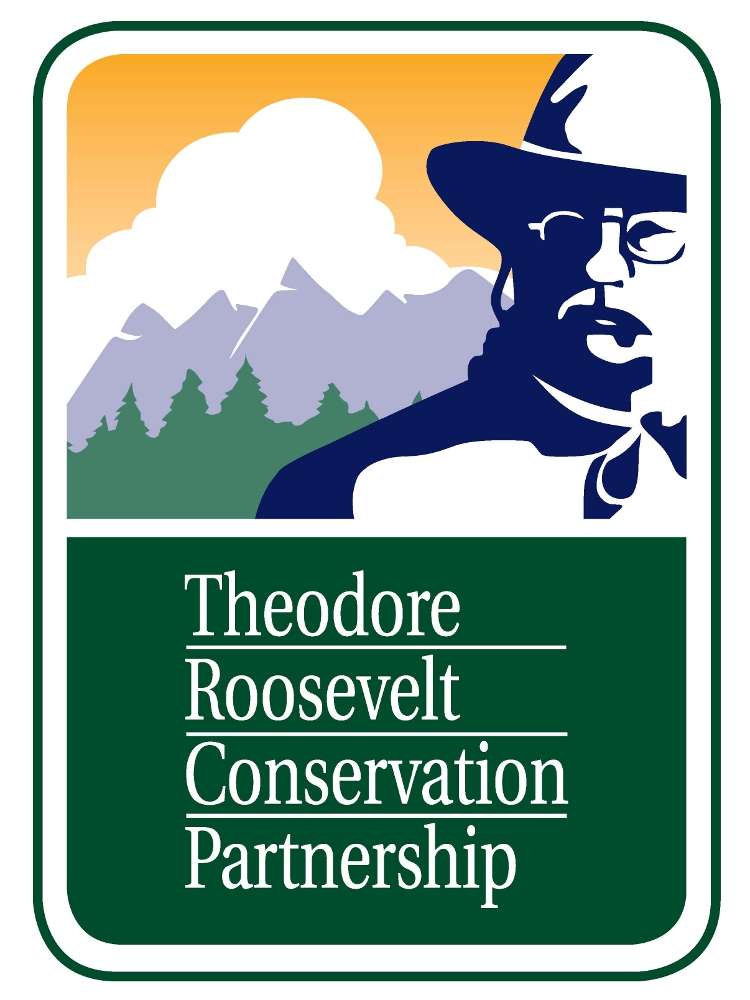
WASHINGTON — Following a State of the Union address during which President Barack Obama focused heavily on jobs, economics and natural resources, the Theodore Roosevelt Conservation Partnership (TRCP) has released its TRCP 2012 Conservation Policy Agenda, highlighting federal funding challenges and key policy issues central to the nation’s hunting and angling traditions.
Ensuring strong funding for conservation programs — many of which face cuts or elimination in budget proposals being considered by Congress — led the list of the sportsmen’s policy priorities. Developed in concert with the TRCP’s individual and organizational partners, which include national hunting, fishing and conservation organizations, labor unions and grassroots sportsmen, the report outlines the sportsmen’s consensus priorities over the coming year.
“Federal funding for crucial conservation programs, responsible management of both public and privately owned lands, judicious administration of our aquatic and marine resources … all while sustaining the fish and wildlife populations that sportsmen prize. These form the core of the TRCP’s policy objectives over the year to come,” said Whit Fosburgh, TRCP president and CEO.
“Hunting and angling contribute significantly to the more than 9.4 million jobs and $1 trillion annually generated by the outdoors and historic preservation,” continued Fosburgh. “We remain ready to seize opportunities and explore new ideas that can benefit fish, wildlife and their habitats, all while ensuring a brighter future for the American outdoor way of life.”
“The TRCP 2012 Policy Agenda is on target to focus on the key issues posing a threat to the future of fishing and hunting in our nation,” said Noreen Clough, B.A.S.S. national conservation director and member of the TRCP Policy Council.
Issues highlighted in the TRCP 2012 Conservation Policy Agenda include the following:
- Leveraging the combined weight of the outdoor community — especially hunters and anglers — to ensure continued federal funding for conservation, in 2012 and beyond;
- Implementing federal policies to better conserve fish and wildlife during all phases of energy project planning and development, both traditional and renewable;
- Sustaining a robust and economically competitive Conservation Reserve Program, along with other components of the Farm Bill Conservation Title;
- Securing reauthorization and full funding of the Voluntary Public Access and Habitat Incentive Program (“Open Fields”) in the 2012 Farm Bill and funding in upcoming appropriations bills;
- Upholding and defending the Roadless Area Conservation Rule, including preventing the advancement of any federal legislation that would weaken it;
- Sustaining fisheries populations and recreational use opportunities with a strong and effective Magnuson-Stevens Act, comprehensive and timely data collection and restoration activities in the Gulf of Mexico;
- Preventing development of the Pebble Mine Complex in Bristol Bay, Alaska;
- Restoring Clean Water Act protections to the nation’s wetlands, rivers, lakes and streams;
- Ensuring strong funding for the Land and Water Conservation Fund and State Wildlife Action Plans to address the challenge of climate change and its effects on fish and wildlife.
“The Theodore Roosevelt Conservation Partnership looks forward to continuing to engage with the administration and Congress to expeditiously address problems of great concern to our community,” said Dr. Steve Williams, president of the Wildlife Management Institute, former director of the U.S. Fish and Wildlife Service and chairman of the TRCP policy council. “The TRCP remains committed to advancing the values of the nation’s conservation-minded hunters and anglers, as well as all Americans who care about our shared natural resources and the outdoor activities that depend on them.”
Click here to read the complete TRCP 2012 Conservation Policy Agenda, and click here for a one-page summary.
Inspired by the legacy of Theodore Roosevelt, the TRCP is a coalition of organizations and grassroots partners working together to preserve the traditions of hunting and fishing.
